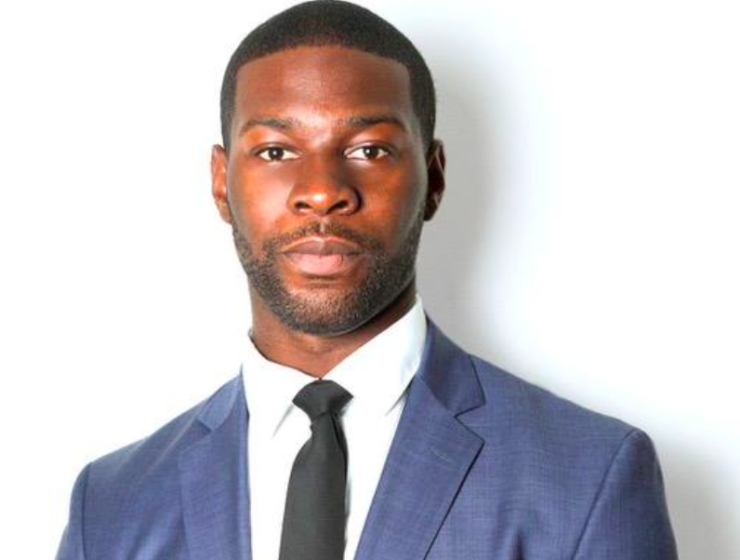
I remember it like it was yesterday. I was a young investment advisor at a large firm. I had landed there after a long stretch applying for jobs in management consulting, technology, sales and elsewhere in finance. The soft echoes of the consistent “no’s” that I had heard in response to 265 applications still were close enough in my frontal cortex that I felt the pressure to prove myself day in and day out.
My experience at the firm was in line with what was to be expected from the financial services industry. It was male dominated at all levels, it was marginally diverse and executives believed that their asset management strategy was the value-add for all of their client relationships. After a while, my curiosity bubbled over and I went searching for answers, for a culture of inclusivity and mentorship, one that would allow talent to shine no matter the age, race or background. I searched far, and wide. I went from San Francisco where I worked for a large asset management firm, to Arizona as an advisor at a broker dealer and finally found myself on Fifth Avenue in Manhattan as a vice president wealth manager at one of the world’s largest banks.
I found that not many firms were truly pushing the limits of innovation. Instead, their agendas only aligned with their commitment to meeting their quarterly earnings guidance and capturing market share, as they prospected for talent who could think narrowly enough to move the needle just a bit further. This was business as usual. Simultaneously, the opportunity for value and innovation was being presented to me at every stop along the journey.

I could see that a firm’s value wasn’t simply in the strategy that it gave clients in exchange for a percentage-based fee. Value and innovation could be seen, first of all, in a firm’s core mission. A firm could be educative, community oriented, adaptive and committed to making sure that its trusting clients were at the forefront of their plans. Innovation is the ability to identify a problem, take action and nourish the idea from seed to tree, often before anyone else sees the issue. This requires a firm to take seriously the concept and responsibility of servant-leadership, which inevitably leads to a robust business and, more importantly, indispensable impact.
That’s what I went looking for as a judge in this year’s Visionary Leader Awards. I read dozens of applications about individuals, teams and organizations who were committed to changing the face of our industry, and not just their piece of it: from Hannah Moore, our individual winner for the virtual externship she’s running with the FPA, to our team winner, Greg Friedman and his colleagues at Private Ocean Wealth Management. Moore’s program aims to create new diversity and inclusion in the profession, while Moore’s team seamlessly virtualized their practice. Seemingly overnight, our industry’s visionaries made astounding progress on subjects that had been deemed intractable.
They demonstrate how crisis accelerates change. On the cusp of one of the worst pandemics in history, many organizations were forced into change. Business as usual did not cut it anymore. Yet, those entities that were servants first and foremost found that value could be added in any market cycle, and through any global climate.
Simultaneously, the stillness of the time produced by the pandemic quarantine has put age-old issues in the spotlight. Police brutality, diversity and inclusion joined fiduciary responsibility and the role of an advisor at the top of the conversation in our field. Many ignored it, but a few, such as the winners of this year’s awards, chose to answer the call.
The truth is that you can be inclusive. There is top-tier talent from both racially and economically diverse backgrounds. You can have a thriving virtual practice. Your value stretches further than equities in a portfolio. Clients do find value in planning and, in fact, prioritize a deep, meaningful relationship with their advisor. Advisors are tasked to serve as sounding boards and solutionists for their clients’ greatest concerns. Everything else is irrelevant. And from this crisis, the change that we seek is closer to being realized.
If we follow the examples of the servant leaders of our industry, collectively we can change the stigma that advisors only exist to sell. Crisis accelerates change, but it doesn’t have to be the only thing that does.





